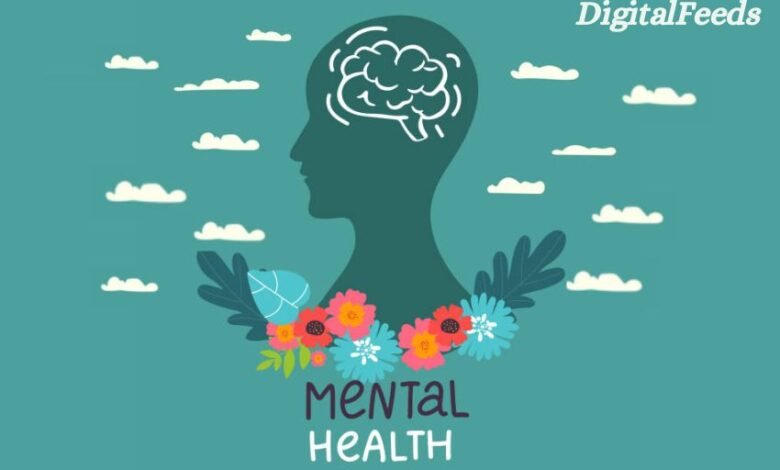Põde Unveiled: Discovering the Transformative Power of Emotion
Põde: A Dive into Its Depths and Meanings

The term “põde” captivates with its complexity and depth, hinting at a rich tapestry of emotional states that transcend simple linguistic boundaries. This article explores “põde,” unraveling its multifaceted implications across various spheres of human experience.
The Linguistic Roots of Põde
“Põde” emerges from a blend of historical languages, carrying influences from ancient Norse and Baltoslavic traditions. It embodies more than just a word; it represents a profound emotional or psychological state, often associated with longing, melancholy, or introspection. As languages evolved, so did the nuances of “põde,” adapting to new cultures and contexts, enriching its significance and usage.
Põde in Literature and Media
In literature and cinema, “põde” serves as a powerful narrative tool. Authors and filmmakers infuse “põde” into their works to develop complex characters and plotlines, allowing audiences to connect deeply with the storytelling. It adds a layer of depth and authenticity, enriching the audience’s understanding of the characters’ internal worlds.
The Psychological Dimensions of Põde
Psychologically, “põde” encompasses a spectrum of emotions that challenge and engage the human psyche. It is often linked with feelings of deep reflection or existential contemplation. Understanding “põde” can lead to greater self-awareness and emotional insight, making it a subject of interest in psychological studies focused on emotional well-being and mental health.
Põde in the Digital Age
With the advent of digital communication, “põde” has found new expressions. On social media platforms, it is used to convey complex feelings succinctly, resonating with a global audience. Its ability to encapsulate profound emotions in just a few characters makes “põde” a valuable tool in the digital lexicon, bridging emotional gaps online.
Cultural Significance of Põde
Culturally, “põde” acts as a bridge across various traditions, embodying universal themes of human experience. It is a testament to the shared human condition, reflecting common emotional journeys despite geographical and cultural divides. In this sense, “põde” fosters a sense of connection and understanding among different peoples, highlighting the universality of certain human emotions.
Future Perspectives on Põde
As languages and societies continue to evolve, so will the interpretations and applications of “põde.” Future linguistic and cultural shifts may introduce new dimensions to its meaning, further enriching its role in human expression. Scholars and cultural analysts predict that as global interconnectedness increases, the relevance and use of “põde” will expand, making it even more significant in global discourse.
FAQs about Põde
What does “põde” mean?
“Põde” refers to a complex emotional state that includes feelings such as longing, melancholy, and introspection. It encapsulates a deep, often poignant human experience that transcends straightforward translation.
What are the origins of the term “põde”?
“Põde” has historical roots in ancient languages, including Old Norse and Baltoslavic traditions. Its evolution reflects the adaptability and depth of human language in capturing complex emotions.
How is “põde” used in literature and media?
In literature and media, “põde” is used to develop characters and narratives with emotional depth. It adds layers of complexity to storytelling, allowing audiences to connect with the internal worlds of characters.
What psychological aspects are associated with “põde”?
Psychologically, “põde” encompasses a range of emotions such as longing, anxiety, and introspection. Understanding “põde” can lead to greater self-awareness and emotional insight.
How does “põde” influence cultural understanding?
“Põde” bridges cultural divides by expressing universal human emotions. It highlights the shared experiences across different cultures, fostering a sense of connection and understanding.
Conclusion:
“Põde” remains a fascinating and significant concept, weaving through the fabric of language, psychology, and culture. Its ability to express complex human emotions succinctly makes it an enduring and evolving presence in human communication. As we further explore and understand “põde,” we continue to unlock the profound connections it fosters among us all, celebrating the shared narrative of human experience.





